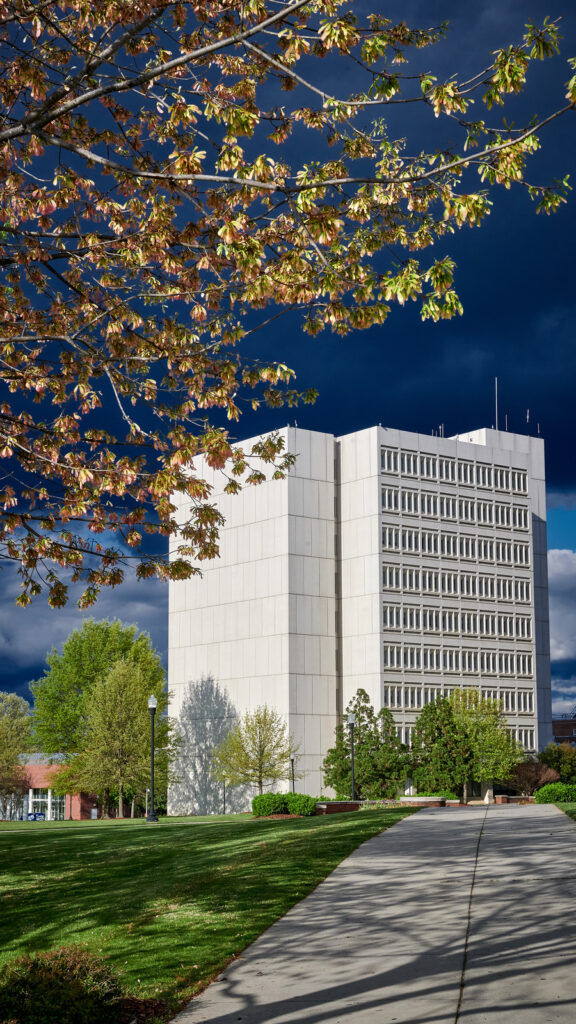Research & Collaborations
The Institute advances community-engaged scholars by supporting strategic visioning, quality scholarship, and effective practices in community-campus partnerships for teaching, research, creative activities, and service. We welcome collaborators!
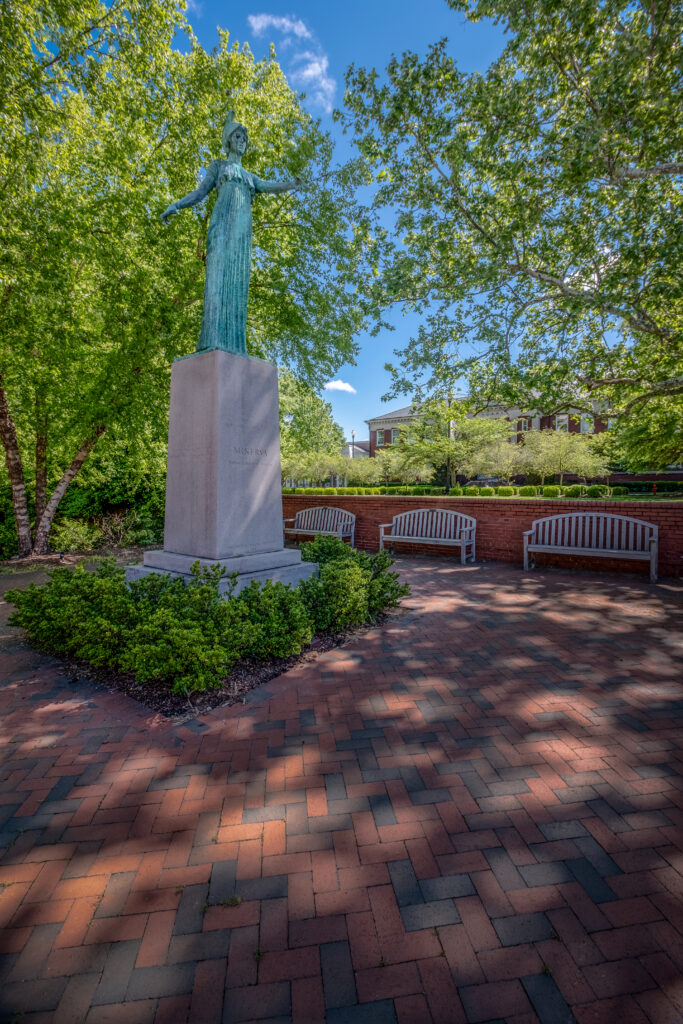
Promotion and Tenure
The University of North Carolina at Greensboro has recognized community-engaged scholarship (CES) in promotion and tenure (P&T) since 2010 across university, college/school, and department policies as an aspect of teaching, research, creative activity, and service. Defining the core characteristics of CES in faculty reward policies and practices is essential to ensuring that high quality and ethical practices are codified and recognized. We share insights from UNCG’s journey to help scholars shape their policies, as well as their narratives for faculty review and reward.
Publications
Janke, E. & Quan, M. & Jenkins, I. & Saltmarsh, J., (2023) “We’re Talking About Process: The Primacy of Relationship and Epistemology in Defining Community-engaged Scholarship in Promotion and Tenure Policy”, Michigan Journal of Community Service Learning 29(1). doi: https://doi.org/10.3998/mjcsl.2734
Janke, E. & Jenkins, I. & Quan, M. & Saltmarsh, J., (2023) Persistence and Proliferation: Integrating Community-Engaged Scholarship into 59 Departments, 7 Units, and 1 University Academic Promotion and Tenure Policies, Michigan Journal of Community Service Learning 29(1). doi: https://doi.org/10.3998/mjcsl.2537
Janke, E., Jenkins, I., Quan, M., & Saltmarsh, J. (2022). Codebook for Incorporating Community-Engaged Scholarship into Promotion and Tenure Policy: An Institutional Case Study. Greensboro, NC: Institute for Community and Economic Engagement. (v.1). Codebook Available
Incorporating Community Engagement in Faculty Reward Policies (Janke, E., Saltmarsh, J., Jenkins, I., & Quan, M). (March 2019). Eastern Region Campus Compact Conference, Providence, RI. (conference handout)
Research Team
Emily Janke, Ph.D., Professor, Peace & Conflict Studies | Director, Institute for Community & Economic Engagement
Melissa Quan, Fairfield University
Isabelle Jenkins, College of the Holy Cross
John Saltmarsh, University of Massachusetts, Boston
Experiences of Community-Engaged Faculty
As important as the question of recruitment, is the question of retainment. Once faculty elect to join an institution they perceive to be community-engaged, do their experiences once employed match their earlier views? What are the factors that shape these perceptions of whether their views before and during employment align? What were their reasons for pursuing community-engaged scholarship at the university and which aspects of the institution do they point to when describing what attracted them? We explore this work to understand institutional alignment with the interests and values of faculty.
Research Team
Emily Janke, Ph.D., Professor, Peace & Conflict Studies | Director, Institute for Community & Economic Engagement
Erica Wrencher, Doctoral Student, Department of Educational Leadership & Cultural Foundations, UNC Greensboro | CECE Student Advisory Committee Member, APLU
Michael Hemphill, Associate Professor, Kinesiology, UNC Greensboro
Tania D. Mitchell, Associate Professor, Department of Organizational Leadership, Policy, and Development, University of Minnesota
Hillary Goodner, Doctoral Student, Department of Organizational Leadership, Policy, and Development, University of Minnesota
Elaine Ward, Associate Professor, Winston School of Education and Social Policy, Merrimack College
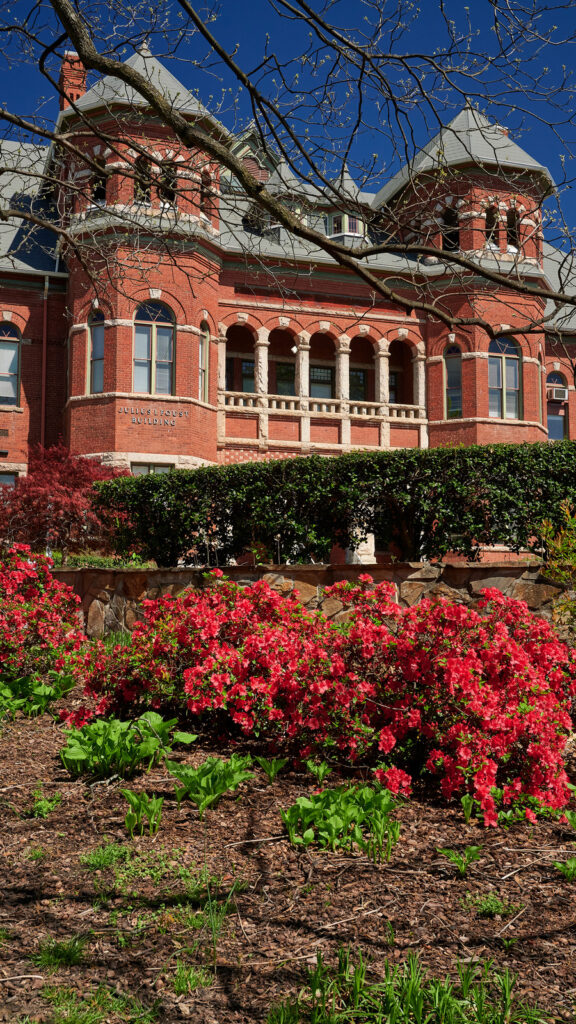
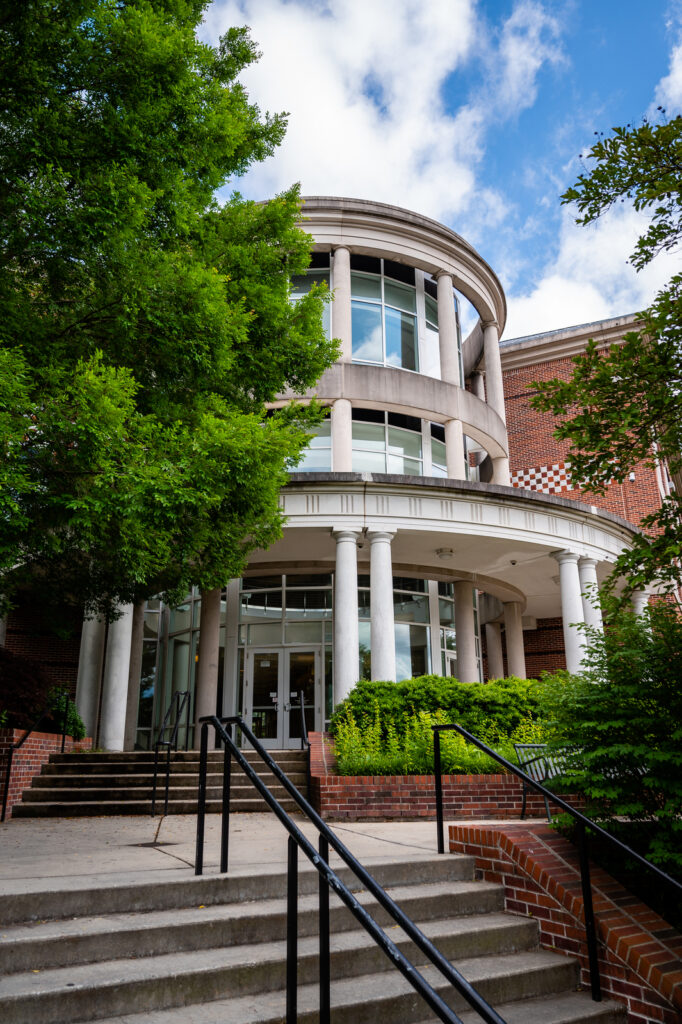
Collaboratory: Institutional Portraits of Engagement
Collaboratory was originally developed by the Institute for Community and Economic Engagement as a tool to help the University of North Carolina Greensboro (UNCG) achieve several purposes related to advancing excellence in community engagement.
Publications/Resources
To What End? 10 Years of Collaboratory
“Request Collaboratory Data for Academic Research” – https://cecollaboratory.com/access-data-for-research/
Janke, E. M. & Medlin, K.B. (2015). A centralized strategy to collect comprehensive institution-wide data from faculty and staff about community engagement and public service. Metropolitan Journal(26)2, 125-146. DOI: https://doi.org/10.18060/20981
Research Team
Emily Janke, Ph.D., Professor, Peace & Conflict Studies | Director, Institute for Community & Economic Engagement Kristin Medlin, Collaboratory
Barbara Holland, Senior Scholar, Institute for Community & Economic Engagement, University of North Carolina at Greensboro
LEAP: Health & Wellness Collaboration
Reports from LEAP communicate a “state of data” as it relates to healthy eating and physical activity in Guilford County. LEAP Reports share years-long processes of engaging all types of experts, including our Community Board, to provide a comprehensive view of the state of community-level data – and what we need to move forward. These reports share recommendations for targeting specific indicator areas, strategies for collecting and sharing data, and commitments to authentic engagement of communities to identify, collect and use data, particularly data that is about and intended for programs that affect them.
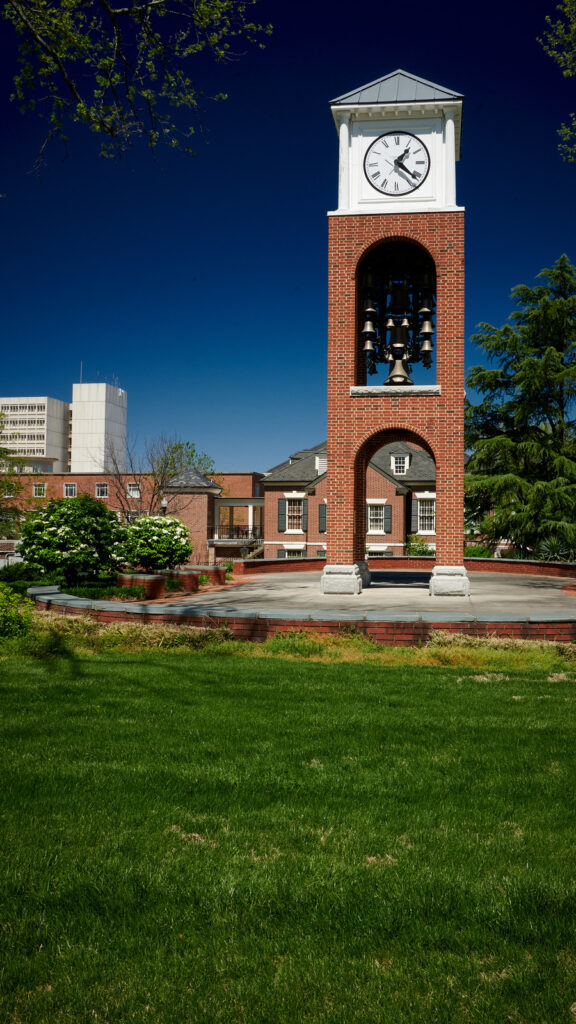
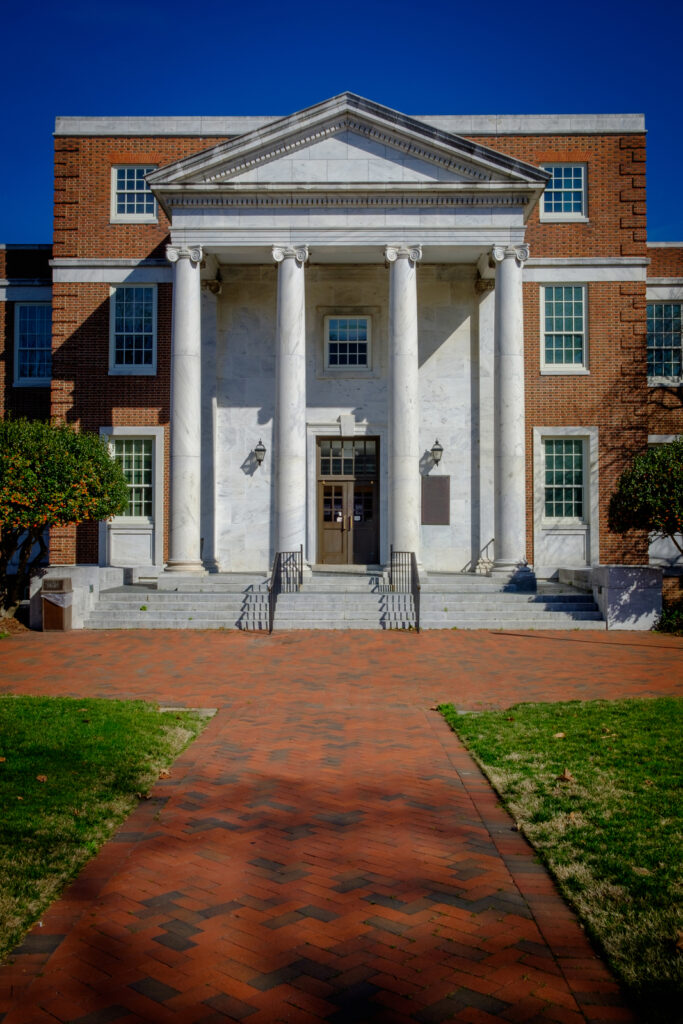
Restorative Practices
Conflict, tensions, and harm are natural and inherent in all relationships, even the best ones. It’s how relationships are built and nurtured that transforms difficult moments into productive opportunities for understanding and growth. Our scholarship supports skillful practices for building reciprocal and resilient partnerships.
Publications
Hemphill, M., Janke, E., Santos, F., & Gordon, B. (2021). Understanding issues of conflict and harm in the context of restorative school physical education. Journal of Teaching in Physical Education. https://doi.org/10.1123/jtpe.2020-0134
Hemphill, M., Janke, E., Gordon, B., & Farrar, H. (2018). Restorative youth sports: An applied model for resolving conflicts and building positive relationships. Journal of Youth Development (13)3, 76-96. DOI 10.5195/jyd.2018.60.
Research Team
Emily Janke, Ph.D., Professor, Peace & Conflict Studies | Director, Institute for Community & Economic Engagement
Michael Hemphill, Ph.D., Associate Professor, Kinesiology
Santos Flores, Kinesiology, graduate assistant and PhD student
Barrie Gordon, Ph.D., Professor, Te Herenga Waka | Victoria University of Wellington
Haley Farrar, JD., Aspen Restorative Consultants
The Institute’s Scholarship of Engagement
UNCG is known for its community-engaged scholarship. The Institute for Community & Economic Engagement has been integral to our collective success through administrative and scholarly contributions. Here we share our learning through our publications.
- Ward, E., Janke, E., Wrencher, E., Goodner, H., Mitchell, T., & Hemphill, M. (2023, March 10). Faculty Community-Engaged Scholars Choosing to Come and Stay: Alignment Between Individual and Institutional Identities and Values. Retrieved from osf.io/b972n., Additional information: https://communityengagement.uncg.edu/research_collabs/community-engaged-faculty-experiences-institutional-case-study.
- Janke, E. M., Bulls, J., Demo, D., Hooper, C., & Rinker, J. (2020). A decade of building the School of Health and Human Sciences as a community-engaged school at the University of North Carolina Greensboro. eJournal of Public Affairs(8)3, 36-52. https://bearworks.missouristate.edu/ejopa/vol8/iss3/3/
- Janke, E. & Shelton, T. (2015). Mapping regional prosperity against faculty and curriculum development. In R. Dunfee and A., Vaidya (Eds). Operationalizing stewards of place: Implementing regional engagement and economic development strategies (pp. 33-54). Washington, D.C.: American Association of State Colleges and Universities. https://aascu.org/freepubs/OperationalizingStewardsofPlace.pdf
- Janke. E. M. (2019). Next-generation scholars and scholarly communications. In L. R. Sandmann and D. O. Jones (Eds). Building the Field of Higher Education: Foundational Ideas and Future Directions. Sterling, VA: Stylus.
- Janke. E. M. (2019). Lessons learned by a reflective scholar administrator: From Practice to Theory and Theory to Practice. In Hatcher, J., Bringle, R., & Hahn, T. Research on Service Learning: Practical Wisdom for Conducting Research (Vol. 4). Sterling, VA: Stylus.
- Janke, E. M. (2019). Scholar-administrators as change agents. Metropolitan Universities Journal 30(2), 109-122. https://doi.org/10.18060/23202
- Janke, E., Flores, S., & Edwards, K. (2022). Community-academic partnerships in the community engagement literature: A scoping review. Journal of Higher Education Outreach and Engagement, 26(2), 5-27. https://openjournals.libs.uga.edu/jheoe/article/view/2630/2750
- Janke, E., Medlin, K., & Holland, B. (2021, November 9). To What End? Ten Years of Collaboratory. https://doi.org/10.31219/osf.io/a27nb
- Medlin, K., Norris, K., & Janke, E. (2021, July 22). Concept Paper: Re-Imagining Benchmarking as Stewards of Place: Identifying Peers in the Context of Communities. https://doi.org/10.31219/osf.io/smjvh
- Janke. E. M. (2018). Reclassification: Outreach and Partnerships: Making the Juice Worth the Squeeze. In J. Saltmarsh and M. Johnson. (Ed.). The Elective Carnegie Community Engagement Classification: Constructing a Successful Application (For First-Time Applicants and Reclassification). Sterling, V.A.: Stylus.
- Janke, E. M., & Domagal-Goldman, J. M. (2016). Institutional characteristics and student civic outcomes. In J. Hatcher, R. Bringle and T. Hahn. (Eds.). Research on Student Civic Outcomes in Service Learning: Conceptual Frameworks and Methods. (Vol. 3). Sterling, V.A.: Stylus. https://libres.uncg.edu/ir/uncg/f/E_Janke_Institutional_2017.pdf
- Janke, E. M. (2014). “Rekindle and recapture the love”: Establishing system-wide indicators of progress in community engagement and economic Development. Michigan Journal of Community Service-Learning, 21(1). https://quod.lib.umich.edu/m/mjcsl/3239521.0021.103/–rekindle-and-recapture-the-love-establishing-system-wide?g=mjcslg;view=image;xc=1
- Hemphill, M. A., & Janke, E. M. (2023). Community-engaged scholarship methods and the ethics of qualitative research. In K. A. Richards, M. A. Hemphill, & P. M. Wright (Eds.), Qualitative research and evaluation in physical education and sport pedagogy (Ch. 7). Taylor & Francis.
- Hartlep, N., Lake, D., Purcell, J., Bush, A., Perry, L., Fleck, B., Kliewer, B., Janke, E., Markham, P., Orphan, C., & Saltmarsh, J. (2019). Toward an innovative civic engagement pedagogy. eJournal of Public Affairs(8)1. (link)
- Janke, E. M., (2018). Advocacy-based Research. In K. Wester and C. Watcher Morris (Eds.). Making Research Relevant: Applied Research Designs for the Mental Health Practitioner (Ch. 14). New York: Routledge, Taylor & Francis.
- Rodriguez, D. X., & Janke, E. (2016). Same words different ideas: Why educators and students need to make explicit implicit notions of civic engagement. Citizenship, Teaching, and Learning Journal 11(2),175–190. https://libres.uncg.edu/ir/uncg/f/E_Janke_Same_Words_2016.pdf
- Howell, K.W., Janke, E.M., Wrencher, E.J., Kujabi, M. (2024). Continuity and Change in Community Engagement at UNCG. Excellence in Community Engagement and Community-Engaged Scholarship. (Vol. 4). University of North Carolina at Greensboro: Institute for Community and Economic Engagement.
- Janke, E. M., & Medlin, K. B. (2017). Aligning Community and University Strengths and Priorities. Excellence in Community Engagement & Community-Engaged Scholarship. (Vol. 3), University of North Carolina at Greensboro: Institute for Community and Economic Engagement.
- Saltmarsh, J, Janke, E., & Clayton, P. (2015). Transforming higher education through and for democratic civic engagement: A model for change. Michigan Journal of Community Service Learning(22)1, 122-127. http://hdl.handle.net/2027/spo.3239521.0022.119
- Janke, E., Jenkins, I., Quan, M., Saltmarsh, J. (2023) Promotion and tenure policy: Institutional Case Study. University of North Carolina at Greensboro. https://communityengagement.uncg.edu/research_collabs/promotion-and-tenure-policy-institutional-case-study/
- Janke, E. M., Medlin, K. B, and Holland, B. A. (2014). Honoring the Mosaic of Talents and Stewarding the Standards of High Quality Community-Engaged Scholarship. Excellence in Community Engagement & Community-Engaged Scholarship. (Vol. 2), University of North Carolina at Greensboro: Institute for Community and Economic Engagement.
- Janke, E. M., & Clayton, P. H. (2012). Excellence in Community Engagement and Community-Engaged Scholarship: Advancing the Discourse at UNCG (Vol. 1). Greensboro, NC: University of North Carolina at Greensboro.
- Janke, E., Morrison, S., Brooks, D., Carlin, A., Dixon, C., Nichols, T., Parsons, A., Stamp, K., and Weaver, G. (January 26, 2021). Overview of Community Engagement and the Effect of COVID-19 as it Relates to Writing a COVID Context Statement. Institute for Community and Economic Engagement, University of North Carolina at Greensboro.
- Janke, E., Morrison, S., Brooks, D., Carlin, A., Dixon, C., Nichols, T., Parsons, A., Stamp, K., and Weaver, G (January 26, 2021). Writing Your COVID Context Statement: A Worksheet for Examining and Articulating the Effects of COVID-19 on Faculty Academic Work Roles. Institute for Community and Economic Engagement, University of North Carolina at Greensboro.
- Janke, E. & Shelton, T. (2011). Community engagement: Terms and definitions for promotion and tenure. University of North Carolina at Greensboro. Guidelines https://communityengagement.uncg.edu/wp-content/uploads/2014/07/here.pdf
- Janke, E., Flores, S., & Edwards, K. (2022). Community-academic partnerships in the community engagement literature: A scoping review. Journal of Higher Education Outreach and Engagement, 26(2), 5-27. https://openjournals.libs.uga.edu/jheoe/article/view/2630/2750
- Janke, E, Flores, S, & Edwards, K. (2021). Dataset for “Community-academic partnerships in the community engagement literature: A scoping review”. Ann Arbor, MI: Inter-university Consortium for Political and Social Research [distributor]. https://doi.org/10.3886/E146781V2.
- Dostilio, L. D., Harrison, B., Brackmann, S. M., Kliewer, B. W., Edwards, K. E., & Clayton, P. H. (2012). Reciprocity: Saying what we mean and meaning what we say. Michigan Journal of Community Service Learning, 19(1), 17-32.
- Janke, E. M. (2013). Community participation is not a proxy for reciprocity. eJournal of Public Affairs, (2)2. Missouri State University.
- Janke, E. M. (2009). Defining characteristics of partnership identity in faculty-community partnerships. In. B. Moely, S. Billig, & B. Holland (Eds.), Creating our identities in service-learning and community engagement (pp. 75-101). Charlotte, NC: Information Age Publishing.
- Kniffin, L., Camo-Biogradlija, J., Price, M. F., Kohl, E., Williams, J., Del Conte Dickovick, A., Goodwin, A., Johnson, K. V., Clayton, P. H., & Bringle, R. G. (2020). Relationships and partnerships in community– campus engagement: Evolving inquiry and practice. International Journal of Research on ServiceLearning and Community Engagement, 8(1), Article 15. https://doi.org/10.37333/001c.18586
- Janke, E. M. (2012). Organizational partnerships in service learning: Advancing theory-based research. In P. H. Clayton, R. G. Bringle, and J. A. Hatcher (Eds.) Research and Service Learning: Conceptual Frameworks and Assessment (Chapter 6.3). Sterling, VA: Stylus.
- Janke, E. M. (2009). Defining characteristics of partnership identity in faculty-community partnerships. In. B. Moely, S. Billig, & B. Holland (Eds.). Creating our identities in service-learning and community engagement. (pp. 75-101). Charlotte, NC: Information Age Publishing.
- Riemer, L., Schmitz, C., Janke, E., Askerov, A., Strahl, B., & Matyók, T. (2015). Transforming Conflict. Lanham, MD: Rowman & Littlefield.
- Hemphill, M., Janke, E., Santos, F., & Gordon, B. (2021). Understanding issues of conflict and harm in the context of restorative school physical education. Journal of Teaching in Physical Education.https://doi.org/10.1123/jtpe.2020-0134
- Hemphill, M., Janke, E., Gordon, B., & Farrar, H. (2018). Restorative youth sports: An applied model for resolving conflicts and building positive relationships. Journal of Youth Development (13)3, 76-96. DOI 10.5195/jyd.2018.60.
- Hemphill, M. A., & Janke, E. M. (2023). Community-engaged scholarship methods and the ethics of qualitative research. In K. A. Richards, M. A. Hemphill, & P. M. Wright (Eds.), Qualitative research and evaluation in physical education and sport pedagogy (Ch. 7). Taylor & Francis.
- Renick, J., Furco, A., Janke, E.M. et al. More than Just Money: Strategic Allocation of Resources to Support Community-Engaged Scholarship. Innov High Educ (2025). https://doi.org/10.1007/s10755-025-09831-y
